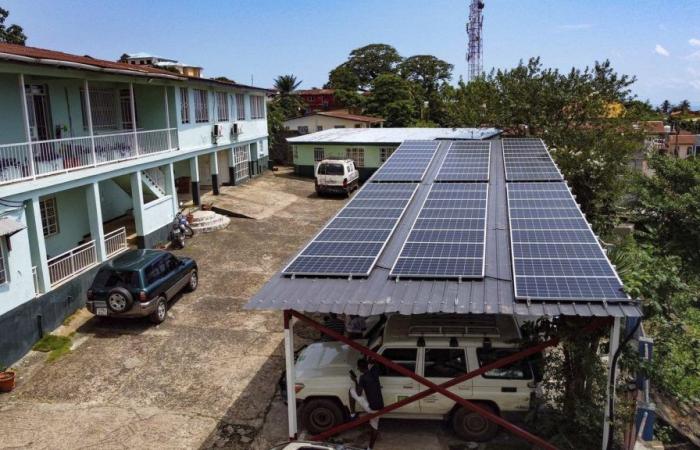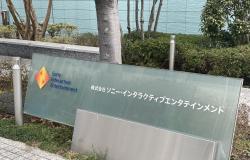Companies that provide solar power to some of the poorest households in Central and West Africa are among the fastest growing.
These companies, which are often owned by Africans, are active in regions where the vast majority of the population lives disconnected from the electricity grid. They offer products ranging from solar-powered lamps that allow children to study at night to elaborate home systems that power kitchen appliances and plasma televisions. Prices range from less than $20 for a solar light to thousands of dollars for home appliances and entertainment systems.
Central and West Africa have some of the lowest electrification rates in the world. In West Africa, where 220 million people live without electricity, this rate is only 8%, according to the World Bank. Many rely on kerosene and other expensive fuels that fill homes and businesses with smoke and risk starting fires.
At the last United Nations climate summit, leaders agreed on the goal of tripling renewable energy production capacity by 2050. While the African continent produces virtually no carbon emissions compared to At its size, solar power has become a relatively cost-effective way to provide electricity.
In a report released earlier this year, the International Energy Agency said small and medium-sized solar companies were growing rapidly, but more investment was needed to reach all homes and businesses. businesses in Africa by 2030.
Around 600 million Africans do not have access to electricity, out of a population of more than 1.3 billion.
Easy Solar, a local company that provides solar power to homes and businesses in Sierra Leone and Liberia, is among the companies that made the Financial Times’ annual ranking of Africa’s fastest-growing companies in 2023.
Co-founder Nthabiseng Mosia grew up in Ghana, where power cuts were common. She became interested in solving energy problems in Africa while doing graduate school in the United States. With an American classmate, she started the business in Sierra Leone, where the electrification rate is one of the lowest in West Africa.
“There was no one doing solar on a large scale. So we thought it was a good opportunity,” Ms. Mosia said in an interview.
Since its launch in 2016, Easy Solar has brought solar power to more than a million people in Sierra Leone and Liberia, which have a combined population of more than 14 million.
Many villages were thus connected for the first time to a stable energy source. “We really want to go to the last mile in rural areas,” Ms. Mosia said.
The company began with a pilot project in Songo, a community on the outskirts of Freetown, the capital of Sierra Leone. At first, the uptake was slow as villagers were concerned about the cost of the devices, but when they started seeing lights in their neighbors’ houses at night, more of them became interested. .
“We stopped using kerosene. Before Easy Solar, we constantly lived in danger of fire due to the use of candles and kerosene,” said Haroun Patrick Samai, a resident of Songo.
Altech, a Congo-based solar energy company, was also ranked among Africa’s fastest growing companies. According to the World Bank, less than 20% of the Congolese population has access to electricity.
Co-founders Washikala Malango and Iongwa Mashangao fled conflict in Congo as children and grew up in Tanzania. They decided to start the business in 2013 to help solve the electricity problems they had experienced growing up in a refugee camp, relying on kerosene for electricity.
Altech is now present in 23 of Congo’s 26 provinces, and the company hopes to join the others by the end of the year. Its founders claim to have sold more than a million products in Congo in a range of solar solutions for individuals and businesses.
“For the majority of our customers, this is the first time they are connected to an energy source,” said Mr. Malango.






